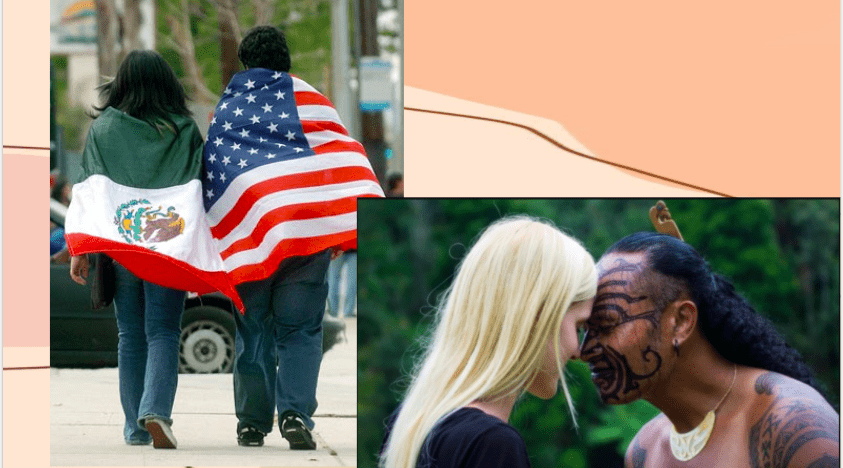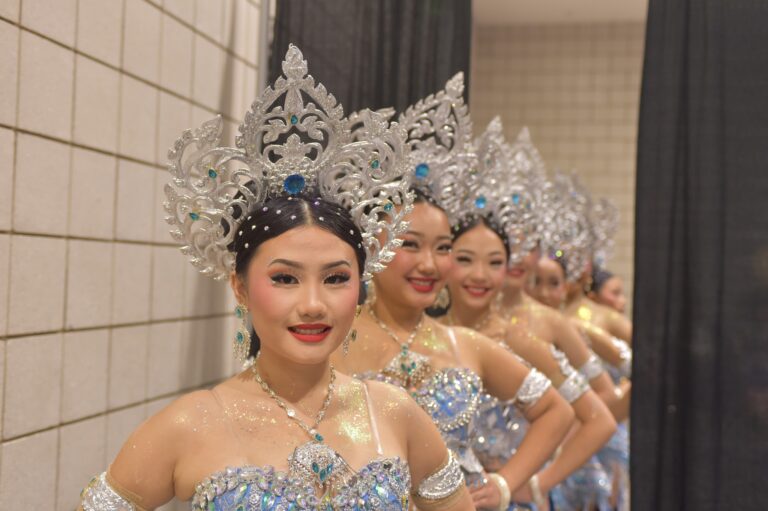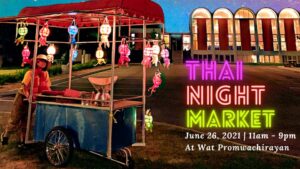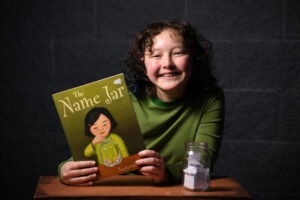Asian Media Access has been working hard to better support area BIPOC youth mental wellness, below are two transformative strategies that have proven to be valuable:
1) Bicultural Healthy Living Framework: This principle emphasizes honoring youth’s heritage culture while equipping them with essential life skills. By fostering cultural pride, this approach helps youth feel grounded in their identity, enabling them to navigate between their heritage culture and the dominant culture through “code-switching.” This framework empowers youth to voice concerns about inequalities or policies rooted in Eurocentric frameworks, advocating for a more inclusive society. Such advocacy not only builds self-esteem but also strengthens their overall mental health, reinforcing the value of their cultural heritage as a source of resilience and strength.
2) Employable Skill Development: Supporting youth in gaining employable skills is another critical factor in enhancing mental well-being. By focusing on building practical skills that lead to self-sufficiency, this principle helps youth recognize their self-worth and potential. Employment readiness and career success contribute to a sense of accomplishment and stability, which are essential for maintaining positive mental health. Together, these skills promote a sense of purpose and independence, empowering youth to thrive in various aspects of their lives.
By integrating these principles, we can create a holistic approach to improving youth mental health, grounded in cultural pride and practical self-sufficiency.
A bicultural questionnaire was administered to youth participating in the AMA summer internship in the beginning and end of the 10 week program. The questionnaire included five measures on biculturalism – communication, attitudes, knowledge, beliefs, and functioning and living roles. Throughout the internship, youth learn more about Bicultural Healthy Living and their relation to it through educational training and activities.
Below is a comparison report from pre and post surveys and the breakdown of each measures:
Communication:
The most significant gain in communication from pre to post survey was the ability to communicate misunderstandings between heritage culture and mainstream host culture.
Results show that there is a lack of confidence to switch between languages, specifically switching from English and a heritage language. One significant challenge that most bicultural individuals experience is feeling pride to know and speak another language that is not dominant in the host culture. Bicultural teachings recognize that it is a positive to know more than one language and for individuals to learn to embrace this quality. It is important for youth to understand that not everyone has the ability to speak more than one language
Attitudes:
Often, home lifestyle is linked to more heritage culture while school is seen as a host culture space. Navigating between the two different environments can be difficult. Post surveys show higher positive feelings and respect towards both mainstream host culture and heritage culture compared to the beginning survey. Youth agreed that they could adapt easily between different environments such as school, home, and community.
The post survey indicates that we could see improvements in sense of pride for both of the cultures. There is pressure to give up on heritage culture to fit in with the cultural norms of the host country. Bicultural Health Living advocates for individuals to learn to enjoy both cultures and differences. There are many influences such as food, language accessibility, community programs throughout society that would not be possible if people gave up on one of their cultures.
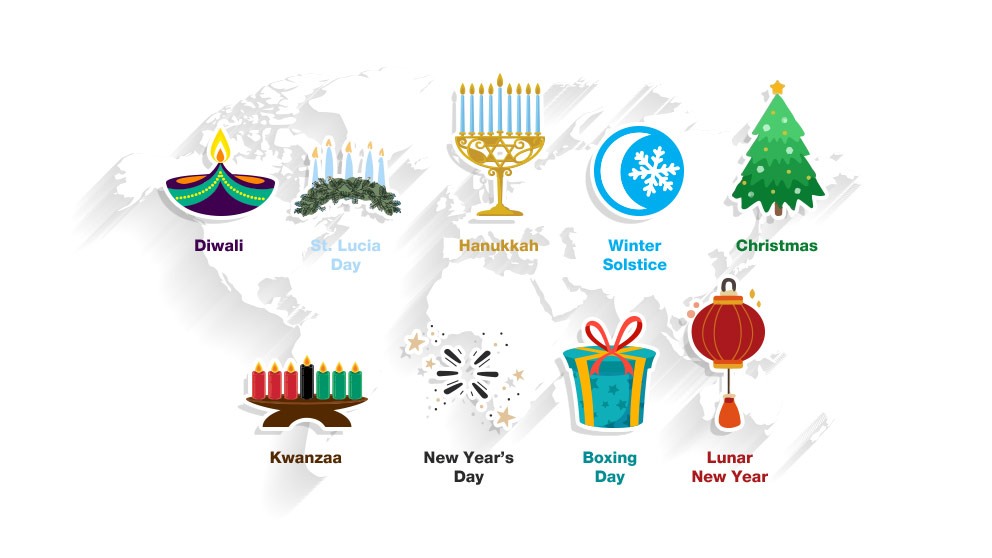 Knowledge:
Knowledge:
Majority of youth showed significantly improved knowledge of their cultural importance in the post survey. For instance, understanding different holiday celebrations in both the mainstream host culture and their heritage culture celebrations. Bicultural Healthy Living teaches that being in a different host country does not mean that individuals need to give up on their traditions and celebrations from their heritage country, and to learn to integrate host culture holiday and traditions.
Roles:
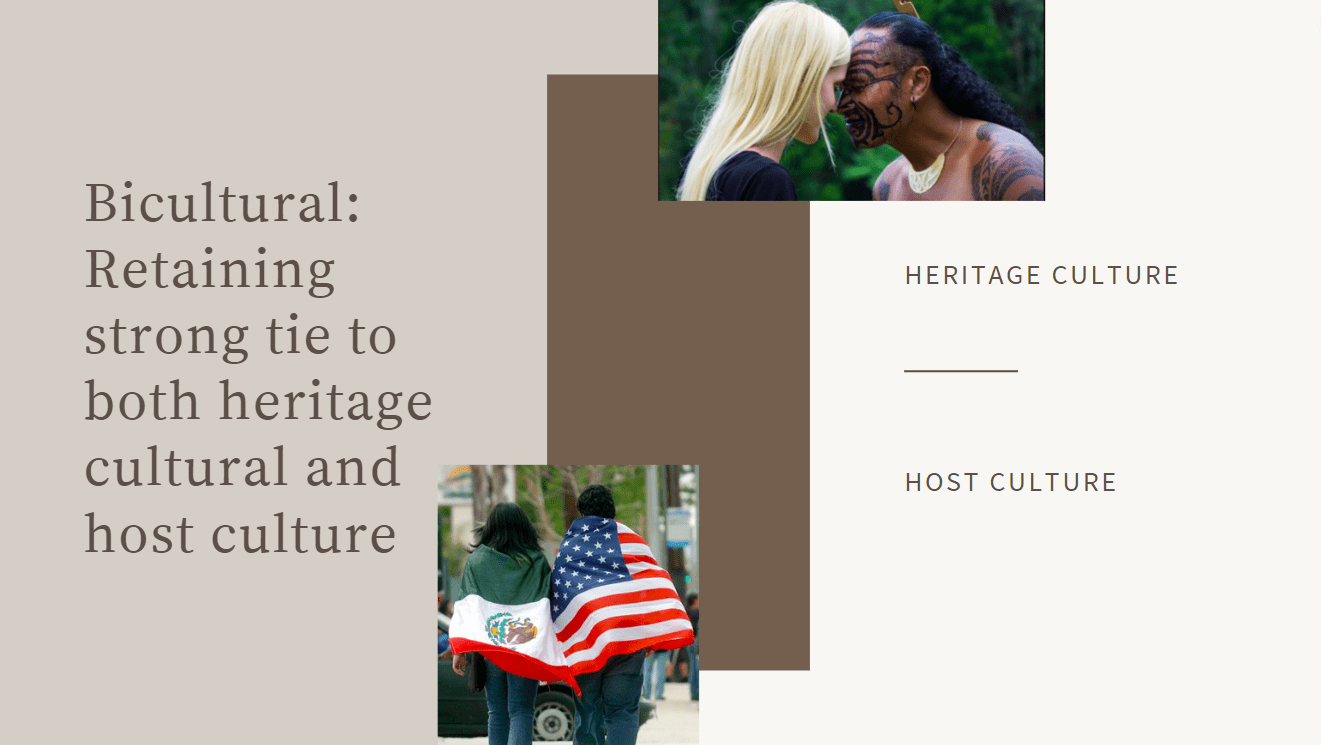 Youth can feel pressured to give up on their heritage culture to assimilate into the host culture. It is important as a bicultural individual to not feel like you have to give up on one of the cultures. Bicultural individuals can maintain strong ties with both of their cultures. The post survey results found that youth agreed that they can choose the degree and manner by which they affiliate with each culture. Participants found greater confidence in navigating between cultures without feeling embarrassed or ashamed.
Youth can feel pressured to give up on their heritage culture to assimilate into the host culture. It is important as a bicultural individual to not feel like you have to give up on one of the cultures. Bicultural individuals can maintain strong ties with both of their cultures. The post survey results found that youth agreed that they can choose the degree and manner by which they affiliate with each culture. Participants found greater confidence in navigating between cultures without feeling embarrassed or ashamed.
Beliefs:
Two-thirds of participants agree that it is possible to have a sense of belonging in two cultures without compromising one’s own sense of cultural identity. Bicultural teachings include examples of how being bicultural can be helpful rather than hindering. As Bicultural individuals, there is a greater pool of resources available because there are two different cultures to find identity and expression.
Post survey data shows that within 6 weeks, there was an overall improved attitude towards biculturalism, growth in understanding different cultures, and value in being an bicultural individual. The results showcase the importance of teaching Bicultural Healthy Living.
 Bicultural Healthy Living is an important topic to share with Bicultural youth to share the meaningfulness behind having more than one culture, and emphasizing that youth do not have to feel like they have to give up on one culture to fit in. Individuals who have two cultures have more resources to take from their heritage and host culture. This allows them to be more resilient to overcome obstacles and hardships. By embracing biculturalism, individuals build skills to manage stressful life situations. Bicultural Healthy Living brings inspiration throughout the world like precision medicine that finds the correct intervention and treatment with cultural consideration.
Bicultural Healthy Living is an important topic to share with Bicultural youth to share the meaningfulness behind having more than one culture, and emphasizing that youth do not have to feel like they have to give up on one culture to fit in. Individuals who have two cultures have more resources to take from their heritage and host culture. This allows them to be more resilient to overcome obstacles and hardships. By embracing biculturalism, individuals build skills to manage stressful life situations. Bicultural Healthy Living brings inspiration throughout the world like precision medicine that finds the correct intervention and treatment with cultural consideration.

